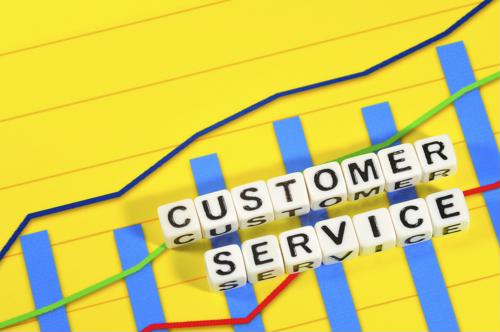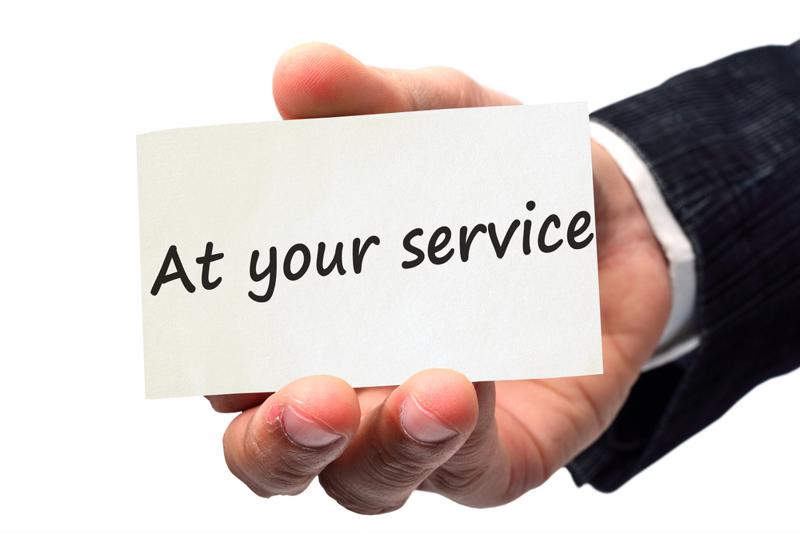
Speaking the customer’s language: Mastering effective customer communication
12 Sep 2023
Welcome to an insightful guide on mastering effective customer communication. This article is designed to provide Heads of Departments with key strategies to enhance customer satisfaction and loyalty, understand diverse communication styles and navigate challenging customer interactions.
Armed with these insights, you’ll be well-positioned to enrich your team’s customer service training programs, fostering a culture of exceptional customer communication within your department.
The impact of effective customer communication
At the heart of every successful business interaction lies effective communication — it’s the bridge between simply providing a service and creating an unforgettable customer experience.
According to a study by PWC, 73% of all people point to customer experience as an important factor in their purchasing decisions, just behind price and product quality.
Clearly, these statistics reveal the significance of effective customer communication in enhancing customer satisfaction and loyalty.
Deciphering communication styles
Every customer is a unique individual, each with their preferred communication style. Some appreciate a direct, no-nonsense way, while others value a more personal, empathetic interaction. Recognising and adapting to these different conversation approaches is critical to effective customer communication.
For instance, a direct communicator might appreciate concise, factual information, while a more relational communicator might value a friendly chat and personal connection. By tailoring your style to match the customer’s, you can enhance their experience and satisfaction.
The art of active listening, empathy and clarity
Active listening is an essential skill in customer communication. It involves entirely focusing on the client, understanding their message and responding thoughtfully. It’s about making the customer feel heard and valued.
Empathy, on the other hand, is about understanding and sharing the customer’s feelings. It’s about putting yourself in their shoes and seeing the situation from their perspective.
And finally, clear communication is about conveying your message in a simple, understandable manner. Whether you’re explaining a product feature or addressing a complaint, clarity can prevent misunderstandings and enhance customer satisfaction.
 Acquiring great customer service skills elevate your professional communication to new heights.
Acquiring great customer service skills elevate your professional communication to new heights.Non-verbal communication: The unspoken language
Non-verbal communication, such as body language, tone of voice and language use, can significantly impact customer communication. Here are a few tips to enhance your non-verbal communication:
- Maintain positive body language: Use open postures, maintain eye contact and use gestures to show interest and engagement.
- Use a friendly, respectful tone: Your tone of voice can convey your attitude and emotions. A warm, respectful manner can make the customer feel valued and comfortable.
- Choose your words carefully: Your language can affect the customer’s perception of you and your business. Use clear, respectful language, avoid jargon and always speak in a manner that the customer can understand.
Turning challenges into opportunities
Encountering difficult clients is an inevitable part of customer service. While these situations can be challenging, they also present unique opportunities for growth and learning. It’s all about perspective and approach.
By maintaining composure, actively listening to the customer’s concerns and offering effective, empathetic solutions, you can transform these potentially negative experiences into positive outcomes.
This not only resolves the immediate issue but also builds trust and rapport with the customer. Over time, these experiences can enhance your team’s problem-solving skills, resilience and ability to deliver exceptional client service, even in the face of adversity.
Empower your team through effective customer communication with ICML
As a department leader, your role is pivotal in integrating effective customer communication strategies into your team’s training programs. This not only enhances customer satisfaction and loyalty but also drives your business’s success.
To bolster your team’s customer communication skills, consider ICML’s courses. We provide practical strategies to help your team excel in customer interactions.
Remember, effective customer communication is a language that resonates with customers. Begin this transformation today. Ask the ICML team how we can tailor a customer service training program for your team.





